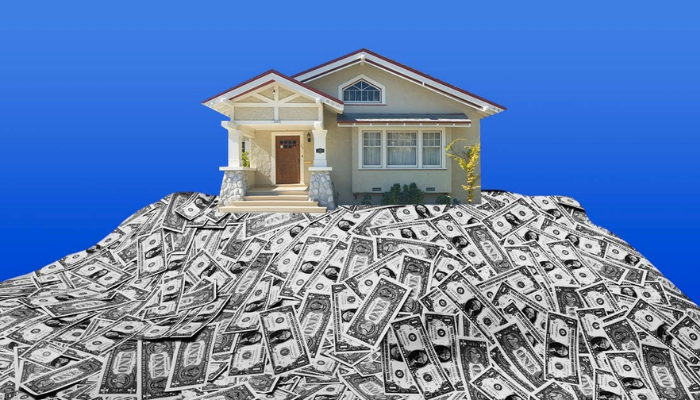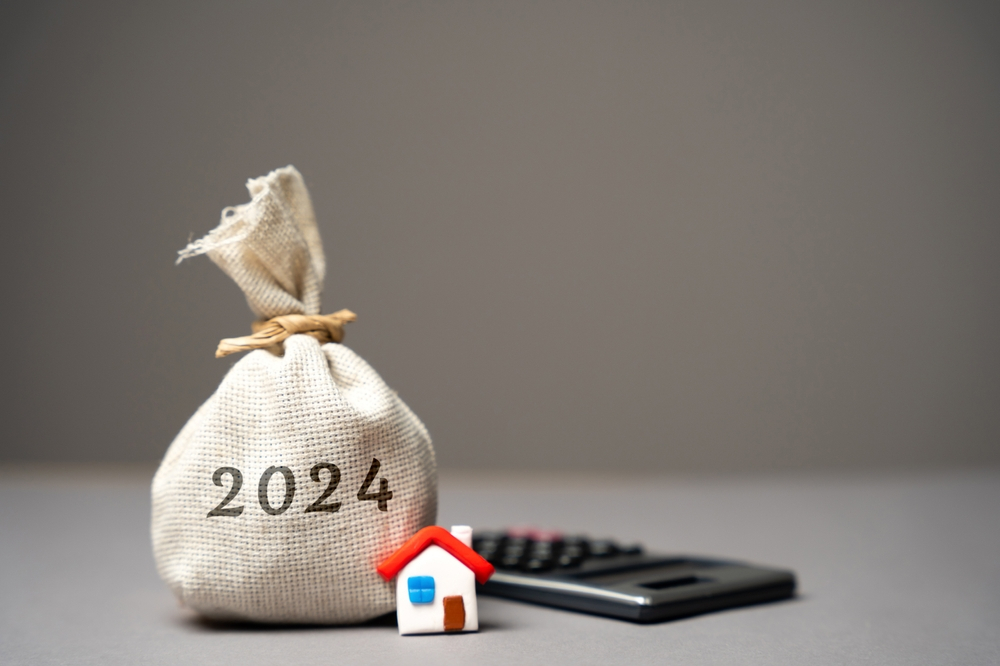Buying a home is a major step toward feeling established for many first time homebuyers and recent immigrants to Canada. Purchasing a new home is thrilling! You may have been considering your housing budget, However, the price you pay for your new home tends to be higher than what is listed.
Here are 10 “hidden” fees associated with buying a new house in Canada that you may not be aware of.
Hidden Costs of Buying a Home in Canada

1. Land Transfer Tax
Any purchase of real estate in Canada will be subject to land transfer tax in certain provinces. The rules for calculating the amount payable vary per province. Additionally, some local governments impose their own land transfer taxes. For instance, in addition to the land transfer tax in Ontario, homebuyers in Toronto must also pay a municipal land transfer tax.
The good news for first-time home buyers is that you can be eligible for a discount in some provinces when you purchase your first house. For instance, British Columbia offers a land transfer tax discount to first-time home buyers who satisfy specific requirements.
2. Legal Fees and Disbursements
Most likely, your real estate attorney has provided you with a flat rate price for their services, plus GST/HST and out-of-pocket expenses. The GST/HST may be calculated quite easily, but what about the outlays?
Any expenses or fees incurred by your attorney while working on your purchase transaction are referred to as disbursements. These expenses cover office costs like photocopies and courier fees in addition to search and registration fees. Your disbursements also include the cost of the title search your attorney will need to do.
Depending on your lawyer, you may be charged different disbursements. Additionally, some attorneys include land transfer tax as one of the disbursements for a transaction, while others record it as a separate expense. To help you budget for your disbursement costs, it’s always a good idea to ask your lawyer for an estimate.
3. Title Insurance
The property’s title, or legal ownership, is given to you when you buy your new house in Canada. Any problems that may have a bearing on the title to your property are covered by title insurance. You can also get new to Canada mortgage if you are going to purchase new house in Canada.
For instance, any liens against the property, such as unpaid utility bills, would be covered by title insurance. Additionally, it would shield you from any discrepancies in government records that might have an impact on your ownership of the property. Although title insurance is not required by some lenders, it is sometimes suggested for first-time property buyers.
4. Land Survey Fee
A land survey reveals the location of buildings and information about the property’s borders. A current land survey of the property being mortgaged is required by the majority of Canadian mortgage lenders.
If the property you’re buying doesn’t already have a current land survey and your lender demands one, you’ll need to commission and pay for one. Many properties that are up for sale will.
5. Appraisal Fee
An appraisal attests to a property’s value at the price for which it is being sold or financed. A home appraisal could also be required by your mortgage lender. In Canada, an appraisal is carried out by a qualified expert who evaluates the house and gives you a ballpark figure for its market value.
In the event that your lender demands an appraisal, they might ask you to acquire one or they might order one on their own, but normally the buyer is responsible for the cost.
6. Home Inspection Fee
Another suggested but optional expense when purchasing a home in Canada is a home inspection. Even if your new house appears to be defect-free, a professional home inspection may uncover hidden issues. For instance, there can be a slow leak concealed behind a wall or the roof might need to be replaced in a few years. This may affect whether you decide to buy or how much you are willing to offer.
The cost of the inspection falls on you, the buyer. However, if the seller has already had a home inspection, you must choose if you wish to order one of your own.
7. Canada Mortgage and Housing Corporation (CMHC) Costs
You must have a mortgage loan or mortgage default insurance, often obtained through CMHC, if your down payment for your new house is less than 20% of the purchase price. The CMHC premium is often paid by your mortgage lender, who then passes the expense along to you.
If you haven’t yet submitted a mortgage application, you can look at the CMHC rate chart to get a sense of the prices before you do. Also keep in mind that the CMHC premium will be subject to Provincial Sales Tax (PST) if you are purchasing a house in Ontario, Quebec, or Saskatchewan.
8. Property Insurance
Before closing on your new house, you must have property insurance in place if you are getting a mortgage. Property insurance, can still be crucial if you’re buying a home without a mortgage as well.
This kind of insurance protects you from the possibility of property damage and gives you the money you need, should it be necessary, to replace your house and all of its belongings. The majority of insurance companies in Canada offer property insurance.
9. New Home Warranty Costs and GST/HST
If your house was newly constructed, the builder or seller is required to give you a new home warranty that guards against specific construction flaws. Although builders pay the amount for this warranty, they can charge the buyer for it.
GST/HST is also applied to newly built dwellings. You may have to pay this sum at closing even if your builder didn’t include it in the buying price. The federal GST/HST new housing refund may allow you to recoup part of this money, which is excellent news as well.
10. Adjustments
When purchasing a home in Canada, you may need to account for two different types of changes.
- Closing adjustments are the first and include any property taxes or utility payments the seller has previously made on your behalf.
- The second form of adjustment relates to the interest on your mortgage. Even if your first mortgage payment isn’t due until the middle of the month, if your closing occurs in the middle of the month, your lender can require you to pay an interest adjustment on the first of the following month.
Purchasing a new home is thrilling. Depending on the kind of property you’re buying, some of these expenses may be mandated by your mortgage broker, while others are optional. But as a first-time home buyer, it’s crucial to be aware of prospective expenses so you can account for them in your budget for your new house.








